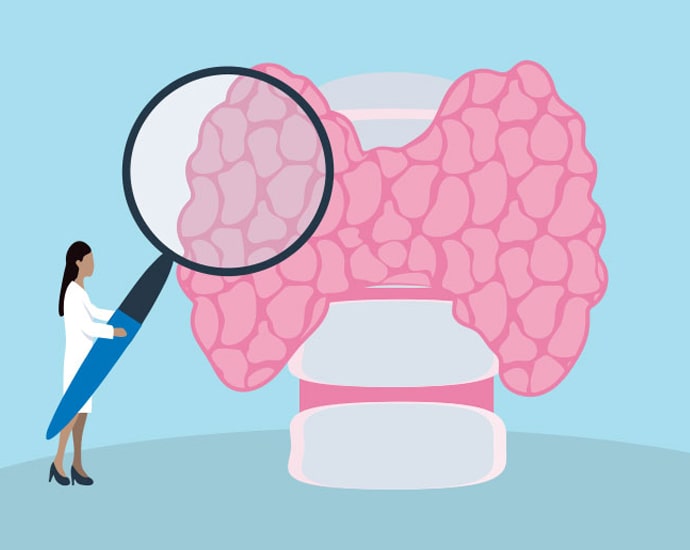There’s no cure yet, but our scientists are working on a ground-breaking weight management study, to help people put their type 2 diabetes into remission.
Remission is when blood glucose (or blood sugar) levels are in a normal range again. This doesn’t mean diabetes has gone for good. It’s still really important for people in remission to get regular healthcare checks. But being in remission can be life changing.
Our ground-breaking study is called DiRECT, short for Diabetes Remission Clinical Trial, and it could completely change the way type 2 diabetes is treated in the future.



